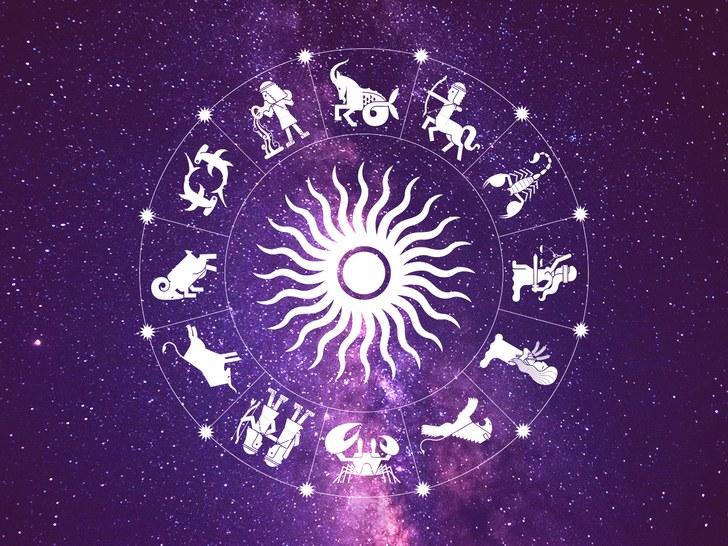Many of us are aware of astrology and what zodiac sign we were born with; and how the planets and stars “rule” our personalities. In simpler terms, astrology is the belief that the positions of the stars and movements of the planets in our solar system greatly affects the events and behaviors in our lives.
In our generation, it is so common for someone you’ve just met to ask you what your zodiac sign is, and nine times out of ten, they judge you based off of what your zodiac sign is. Social media platforms such as Twitter make determining who you let into your life based off of astrology a popular trend. There are multiple viral tweets that meme specific signs because of the experiences people have had with those signs, such as Geminis being “two-faced”, or Cancers being “sensitive.” There are popular astrology accounts that many people reference, regardless if they know that the information is accurate to true astrology.
Astrology isn’t a true science with actual evidence or data to back it up, which is why many people don’t believe in it. On the internet, it’s often used as a way to justify stressful times, such as the “mercury retrograde.” Mercury goes into retrograde when it passes the earth in its orbit to the sun, but because it is closer to the sun than Earth, Mercury’s orbit is smaller. This happens three times a year and causes the optical illusion from Earth that Mercury is moving backwards.
In astrology terms, it affects Earth in a way that we blame all of the bad things that happen on the Mercury retrograde. But according to the astronomer Dr. Mark Hammergen, “We don’t know of any physical mechanism that could cause things like power outages or changes in people.” So to science, the Mercury retrograde doesn’t show evidence of directly affecting humans, but because of popular media and astrology, millennials blame every day issues on the retrograde (while it’s in effect).
According to a 1982 study by the psychologist Graham Tyson, people turn to astrology in “times of stress”, and specifically stress having to do with “the individual’s social roles and his or hers relationships.” It is no secret that the millennial and Gen X generations are statistically proven to be the “most stressed”, which can link to the rise of people who believe in astrology.
The president and editor-in-chief at The Cut Stella Bugbee states that “a typical horoscope post on the site got 150 percent more traffic in 2017 than the year before.”
While it is very possible that the position of the planets and stars rule our behaviors, it is also very possible that astrology is just a very general outline for personalities, as well as a coping mechanism. Some take it too much into consideration and often don’t think that people can be more than what their zodiac sign is. Astrology also determines which signs are most compatible with each other, as friends or as a couple. Because of this, many people sought out to date someone who is most “compatible” with them in astrology terms.
This mentality can work out and people can find extremely compatible relationships based off of their zodiac signs, but it can also box people in from letting themselves have normal social experiences. One might be cautious of dating a specific sign because of what they hear through astrology accounts on Twitter, but they could also be missing out on a friendship or relationship with someone who doesn’t even hold the qualities of that specific sign. It can prevent people from facing the roots of their issues if they are using astrology as an excuse, rather than processing experiences and emotions in a healthy way.
Astrology should be used as a tool rather than a filter of who we can and cannot connect with. It can tell us the unknown or underlying behaviors of the people in our lives, and we can use it to navigate and work through friendships and relationships in a healthy way, rather than “cutting people off” and using astrology to justify that.





![[Both photos courtesy of sonoma.edu]
Ming-Ting Mike Lee stepped in as the new SSU president following Sakakis resignation in July 2022](https://sonomastatestar.com/wp-content/uploads/2024/04/CC4520AB-22A7-41B2-9F6F-2A2D5F76A28C-1200x1200.jpeg)


























